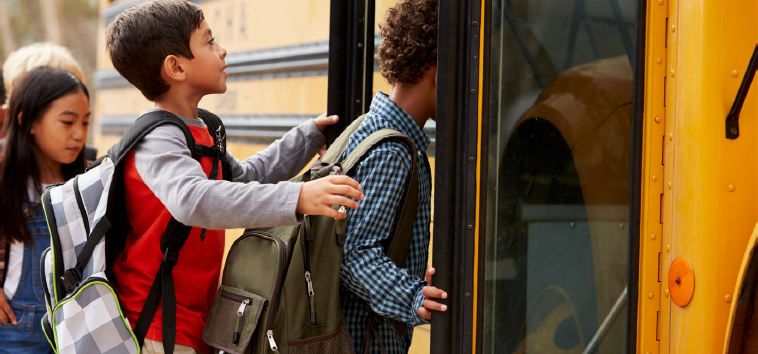Our 2024 State of School Transportation Report is your guide to navigating the evolving school transportation landscape. We surveyed school district leaders, transportation staff, and parents to gather critical insights on topics such as funding constraints, the unique needs of individual students, and the ongoing bus driver shortage.
Download the report today to:
Uncover the latest trends and challenges facing school transportation.
Gain a deeper understanding of the diverse perspectives involved.
Empower your school district to make informed decisions and drive positive change.
Join the conversation and help create innovative solutions.
Complete this form for an instant download of the 2024 State of School Transportation Report.
Are you a member of the press? If so, please get in touch with pr@hopskipdrive.com to access a copy of the report.



